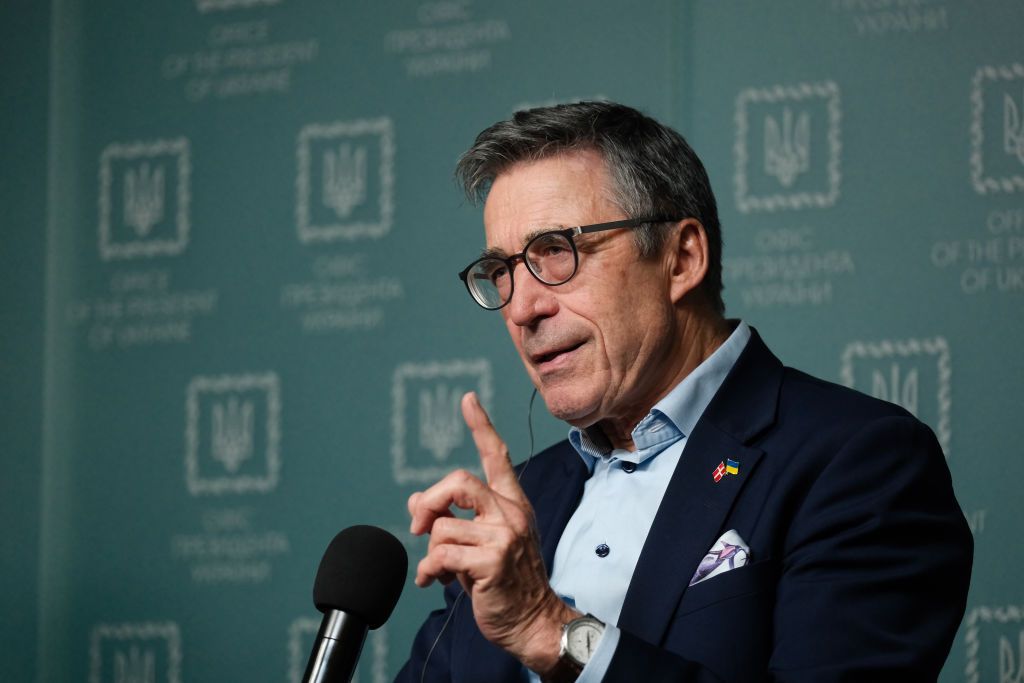Stoltenberg: Long-term NATO support for Ukraine can show Russia it cannot win the war

NATO's transition to a longer-term commitment to support Ukraine could eventually push Moscow to a peace agreement once Russia realizes "that they cannot win the war," NATO Secretary General Jens Stoltenberg said on April 3 ahead of the NATO meeting in Brussels.
The allies reaffirmed their commitment to bolstering Ukraine's defense and pledged to continue to provide military, economic, and humanitarian assistance to Kyiv this year after the NATO-Ukraine Council meeting in early 2024.
When asked about an idea of more predictable longer-term support for Ukraine that might involve the transfer of the Ukraine Defense Contact Group to NATO control, Stoltenberg refused to go into details.
The general secretary said that the allies are now discussing ways to institutionalize support within the NATO framework to make it "more predictable and more powerful."
The allies believe that support for Ukraine should be less dependent on short-term voluntary offers and more dependent on long-term NATO commitments, Stoltenberg added. He said that such support for Ukraine "will also send a message to Moscow that they cannot wait those out."
"The reality is that if you want this war to end, the sooner you can convince Moscow they will not win on the battlefield... the sooner we can then be able to reach a peace agreement where Russia realized that they cannot win the war, but have to sit down and negotiate an agreement where Ukraine prevails as a sovereign independent nation," Stoltenberg added.
U.S. Secretary of State Antony Blinken said that NATO's July summit in Washington can be "highly focused" on the creation of a roadmap for Ukraine to join the alliance in the future.
Kyiv did not receive the much-desired invitation nor a firm deadline to join the alliance during the 2023 NATO summit in Vilnius, even though NATO took steps to tighten cooperation.
Ukrainian officials have voiced hope that the Washington meeting, scheduled for July 9-11, will bring a more definite signal.














